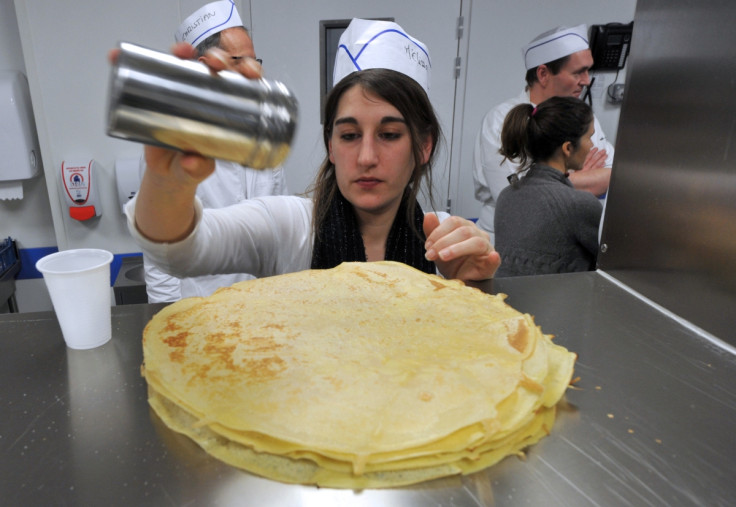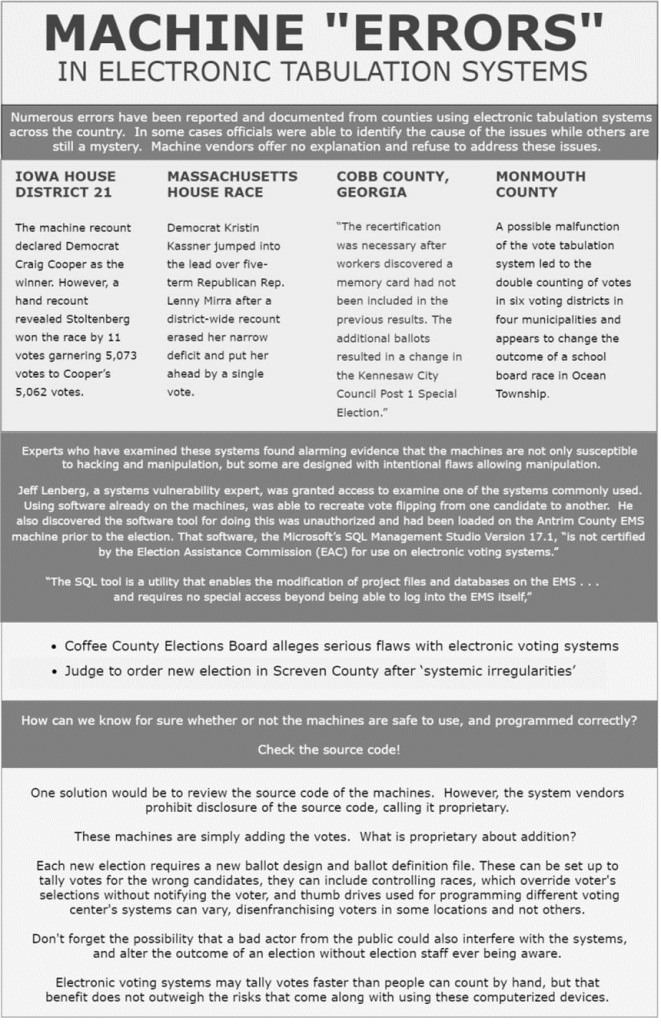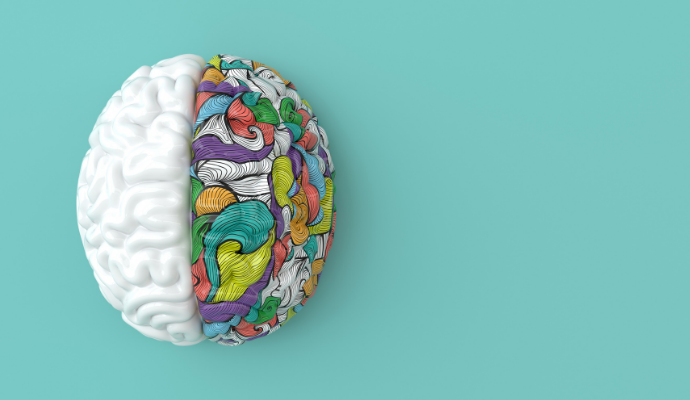The History Of Pancake Day: Why We Celebrate Shrove Tuesday

Table of Contents
The Religious Roots of Shrove Tuesday
Shrove Tuesday's origins lie deep within the Christian calendar. It's the day before Ash Wednesday, the start of Lent – a 40-day period of fasting and penitence leading up to Easter. "Shrove" comes from the word "shrive," meaning to confess one's sins. This day was traditionally a time for confession and cleansing before the Lenten fast, a period of self-reflection and abstinence.
- People would confess their sins to a priest, seeking forgiveness and spiritual renewal before embarking on Lent.
- It was a time for community gathering and celebration before the more somber and reflective period of Lent. The festive atmosphere provided a sense of unity and shared experience.
- The tradition of consuming rich foods, such as pancakes, developed because they were a way to use up eggs, milk, and butter before the restrictions of Lent began. These ingredients were often avoided during the fasting period.
The Evolution of Pancake Day Traditions
Over time, the celebration evolved, incorporating the practice of using up rich ingredients like eggs, milk, and butter before the Lenten fast. Pancakes, a simple yet satisfying food, readily adaptable to different tastes and ingredients, became a central part of the festivities. Regional variations in recipes and celebrations emerged, making Pancake Day a diverse and engaging tradition worldwide.
- Early pancake recipes often varied dramatically depending on available ingredients and regional preferences. Some were thicker, others thinner; some sweeter, others savory.
- Many cultures incorporated unique toppings and flavor combinations into their pancakes, reflecting local culinary traditions and preferences. From lemon and sugar to savory meats and cheeses, the possibilities were endless.
- Pancake races and other celebratory activities, often involving community participation, became associated with the day, adding a layer of fun and friendly competition to the festivities.
Pancake Day Around the World
Pancake Day celebrations differ significantly across the globe. While the religious roots remain consistent, the culinary expressions and traditions vary greatly. Some countries have unique pancake races, others focus on specific recipes and toppings, creating a rich tapestry of cultural expressions. Understanding these differences enriches the experience of celebrating Pancake Day.
- Examples of unique pancake variations from different countries include the delicate French crêpes, the fluffy American pancakes, and the hearty Scottish bannock. Each offers a unique taste and texture.
- In some regions, Pancake Day involves specific rituals or games, such as the famous pancake races in Olney, Buckinghamshire, England.
- The diversity and universality of the celebration highlights the enduring appeal of this simple yet versatile food, reflecting the shared human experience of community and festivity.
Pancake Day Today: A Modern Celebration
Today, Pancake Day retains its significance as a day of family fun, culinary creativity, and community bonding. While the religious aspects may be less emphasized for some, the tradition of making and sharing pancakes remains a cherished custom. It's a time for creating memories and enjoying delicious food, a heartwarming ritual that transcends generations.
- Ideas for modern Pancake Day activities include pancake-making competitions within families, themed parties with creative pancake toppings, or even charitable pancake flipping events.
- Emphasis should be placed on the social aspect of sharing pancakes with loved ones, creating a shared experience of joy and togetherness. It's a chance to reconnect and celebrate relationships.
- Numerous resources, including websites and cookbooks, offer a vast array of Pancake Day recipes and ideas to inspire culinary creativity.
Conclusion
From its humble beginnings as a pre-Lenten religious observance, Pancake Day has evolved into a globally celebrated event. The tradition of consuming pancakes before the fasting period of Lent has been adapted and celebrated in diverse and creative ways across different cultures. The enduring popularity of Shrove Tuesday speaks to the unifying power of shared traditions and delicious food.
So, this Pancake Day, gather your family and friends, dust off your favorite Pancake Day recipe, and create some delicious memories. Celebrate the rich history and cultural significance of this delightful tradition – Happy Shrove Tuesday! Enjoy your Pancake Tuesday celebrations and happy flipping!

Featured Posts
-
 Pussy Riots Maria Alyokhina Announces Riot Day For Edinburgh Fringe Festival 2025
May 02, 2025
Pussy Riots Maria Alyokhina Announces Riot Day For Edinburgh Fringe Festival 2025
May 02, 2025 -
 Would You Wear A Smart Ring To Prove Your Fidelity
May 02, 2025
Would You Wear A Smart Ring To Prove Your Fidelity
May 02, 2025 -
 Improving Election Integrity With A Robust Poll Data System
May 02, 2025
Improving Election Integrity With A Robust Poll Data System
May 02, 2025 -
 Rupert Lowe Prioritizes Great Yarmouth Following Reform Dispute
May 02, 2025
Rupert Lowe Prioritizes Great Yarmouth Following Reform Dispute
May 02, 2025 -
 Scotland In The Six Nations 2025 Overachievers Or Underperformers A Realistic Assessment
May 02, 2025
Scotland In The Six Nations 2025 Overachievers Or Underperformers A Realistic Assessment
May 02, 2025
Latest Posts
-
 Youth Mental Health In Canada A Call For Action Based On Global Commission Findings
May 03, 2025
Youth Mental Health In Canada A Call For Action Based On Global Commission Findings
May 03, 2025 -
 Addressing The Urgent Mental Health Crisis Among Canadian Youth Insights From Global Best Practices
May 03, 2025
Addressing The Urgent Mental Health Crisis Among Canadian Youth Insights From Global Best Practices
May 03, 2025 -
 The Urgent Mental Health Needs Of Young People In Canada Lessons From A Global Commission
May 03, 2025
The Urgent Mental Health Needs Of Young People In Canada Lessons From A Global Commission
May 03, 2025 -
 The Impact Of Cost And Stigma On Mental Healthcare Access Low Claim Rates Explained
May 03, 2025
The Impact Of Cost And Stigma On Mental Healthcare Access Low Claim Rates Explained
May 03, 2025 -
 Low Mental Health Insurance Claims Exploring The Barriers To Care
May 03, 2025
Low Mental Health Insurance Claims Exploring The Barriers To Care
May 03, 2025
